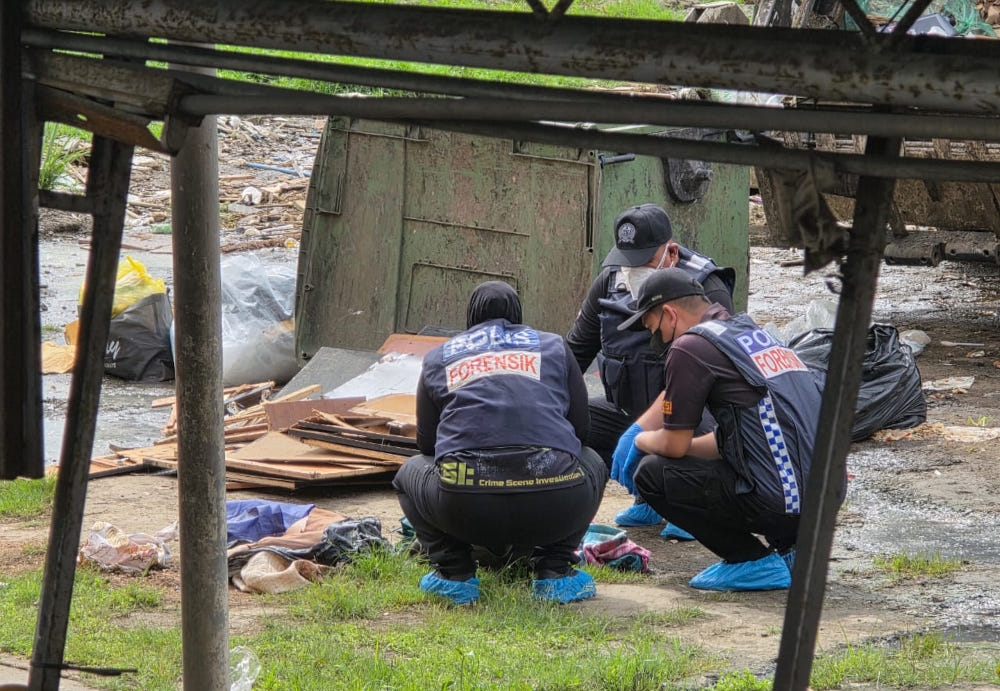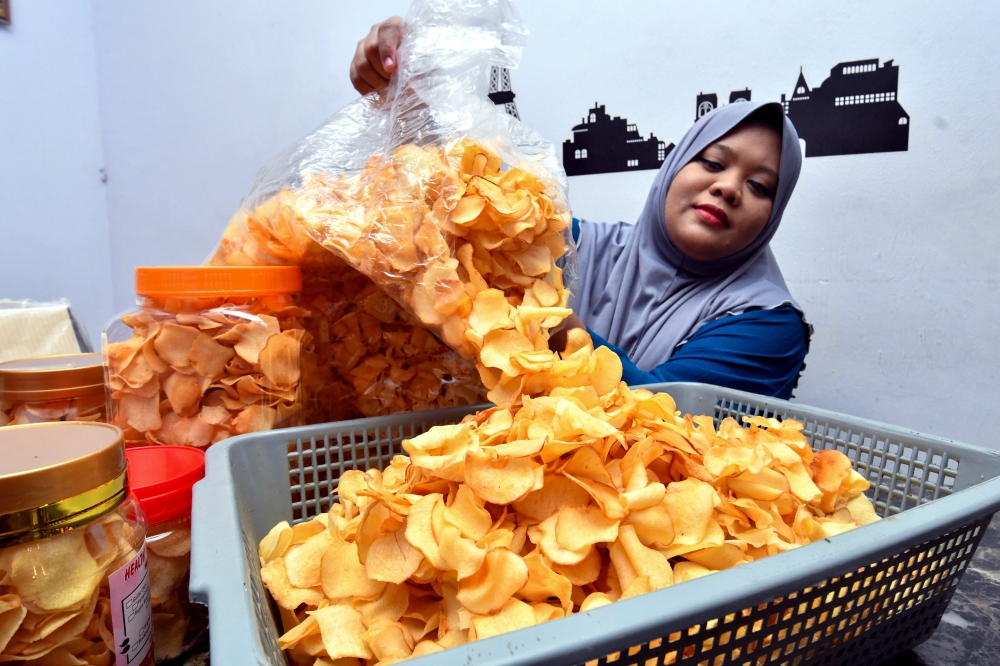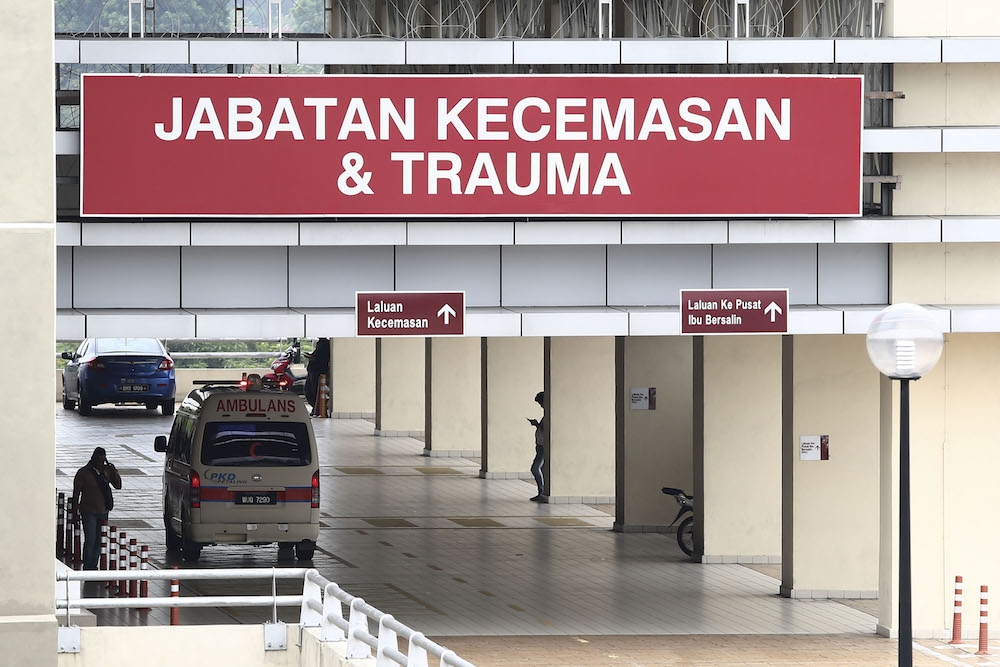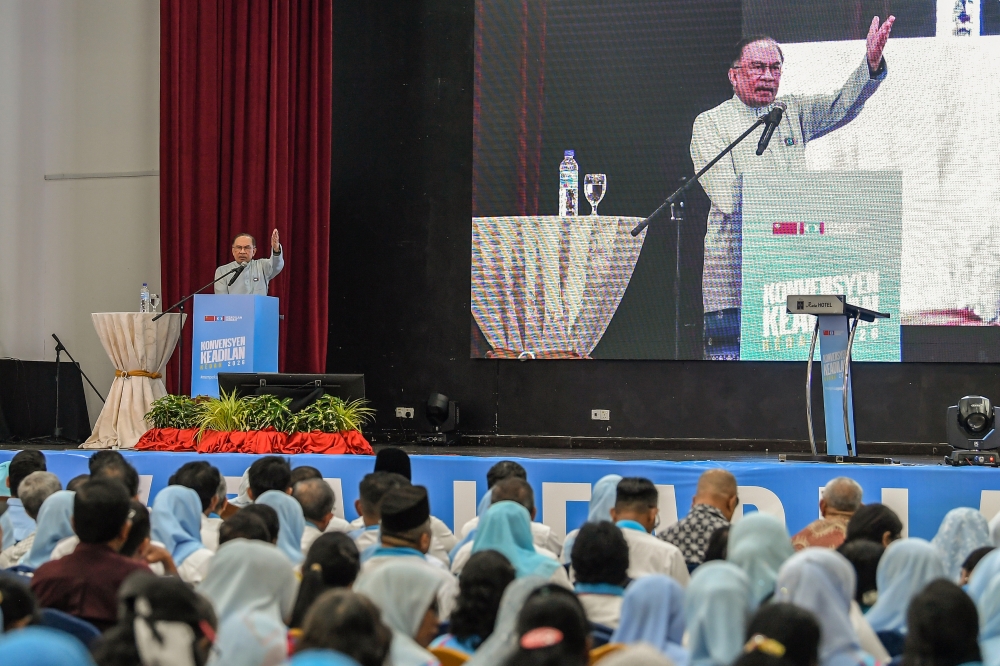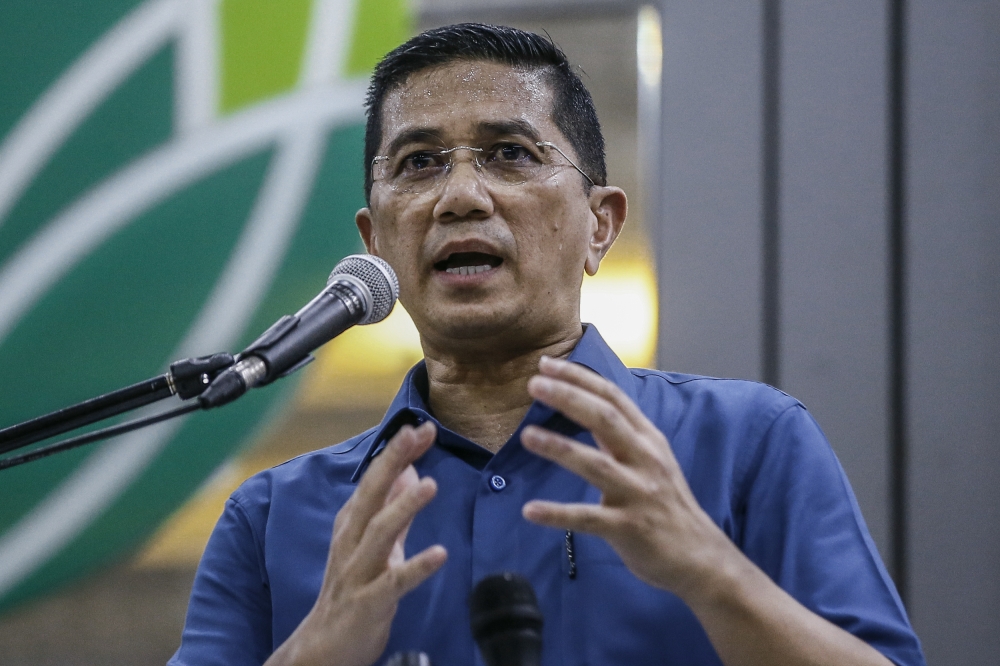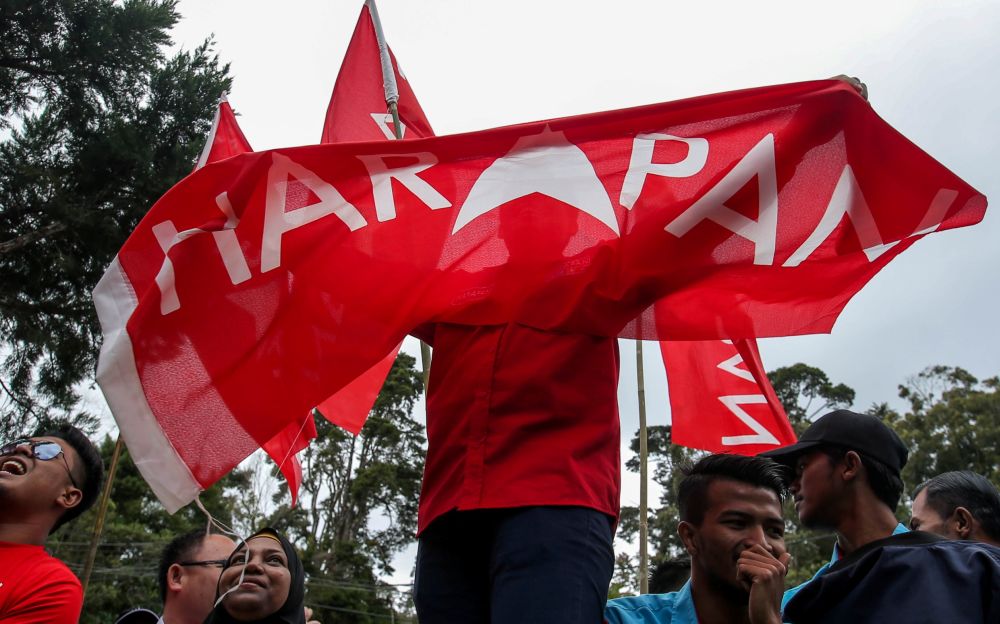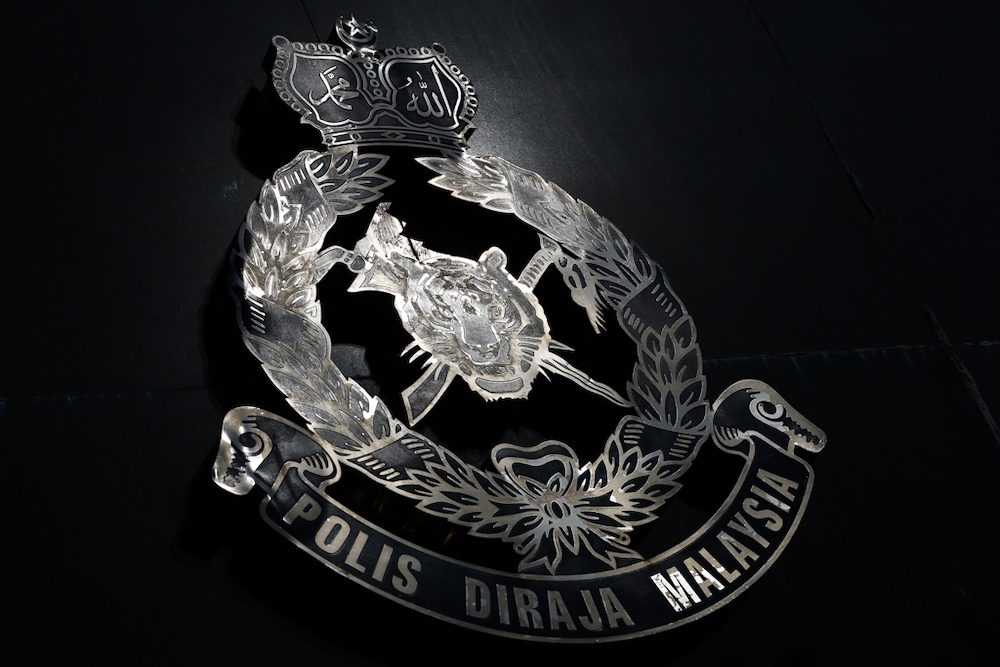KUALA LUMPUR, Jan 30 — The Pakatan Harapan (PH) government’s performance in delivering human rights reforms last year was mixed, according to Amnesty International.
In its 2019 Review of Human Rights in Asia Pacific report launched yesterday, Amnesty said PH was still lagging in several areas such as the protection of the lesbian, gay, bisexual, transgender and intersex (LGBTI) community and indigenous people.
Malaysia also still has not delivered on its promise to establish the Independent Police Complaints and Misconduct Commission (IPCMC) and repeal draconian security laws.
“The government tolerated a degree of criticism, but continued to use laws restricting the right to freedom of expression, such as the Sedition Act and the Communications and Multimedia Act, especially against those making comments deemed sensitive, involving race, religion or royalty,” Amnesty said in the report.
It cited examples such as Islamic preacher Wan Ji Wan Hussin’s one-year prison sentence for insulting the Selangor Sultan in 2014. The sentence was stayed pending his appeal.
The group also noted the government’s decision to ban the Belt and Road Initiative for Win-Winism comic book for “promoting communism and socialism ideologies”.
Amnesty said PH also remained discriminatory against the LGBTI. It noted that authorities had in April last year questioned rights activist Numan Afifi over his remarks at a United Nations event.
The International Conference on Gender and Sexuality was also moved from Kuala Lumpur to Thailand in June 2019, after the Islamic Development Department Malaysia (Jakim) criticised it as promoting LGBTI in Malaysia.
“Discrimination against LGBTI people continued both in law and in practice,” read the report.
Amnesty’s 2019 report applauded the government for taking steps to protect the rights of the indigenous, but said the community remained marginalised.
The arrest of Orang Asli protestors who tried to prevent the removal of a blockade near a logging site in Perak in July and a spate of deaths among the Batek tribe caused by measles were incidents that hurt Amnesty’s assessment of Malaysia.
“The deaths highlighted the poor quality of government-provided healthcare to Indigenous communities.
“These concerns and others, including reports that Indigenous peoples had been forced to use birth control, were raised by the United Nations Special Rapporteur on Extreme Poverty and Human Rights following his August visit to Malaysia,” noted the report.
Other areas that drew criticism were Malaysia’s continued struggle to abolish the death penalty, custodial deaths, religious freedom, and the country’s position towards refugees and asylum seekers.






